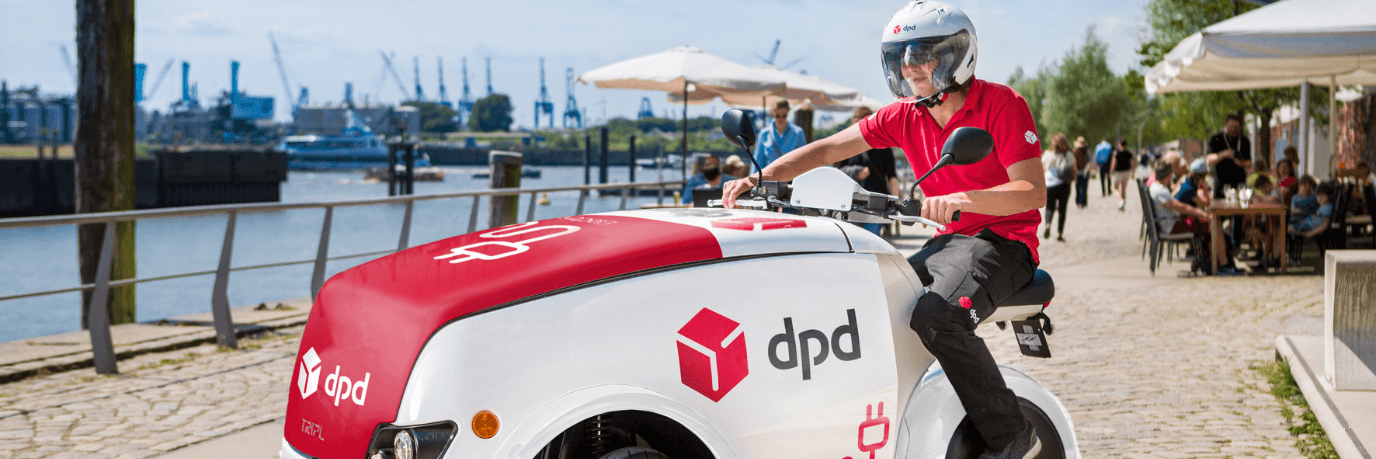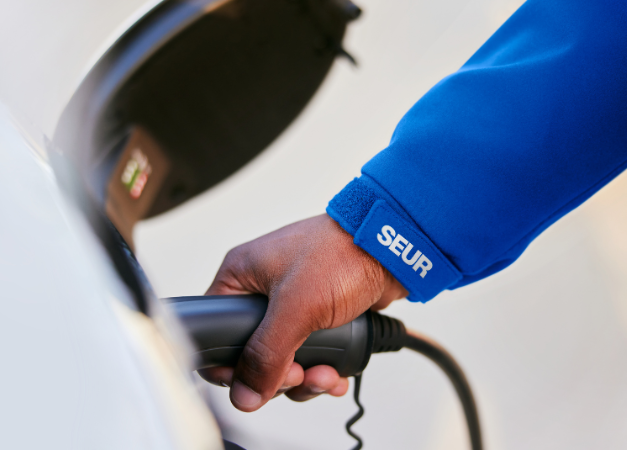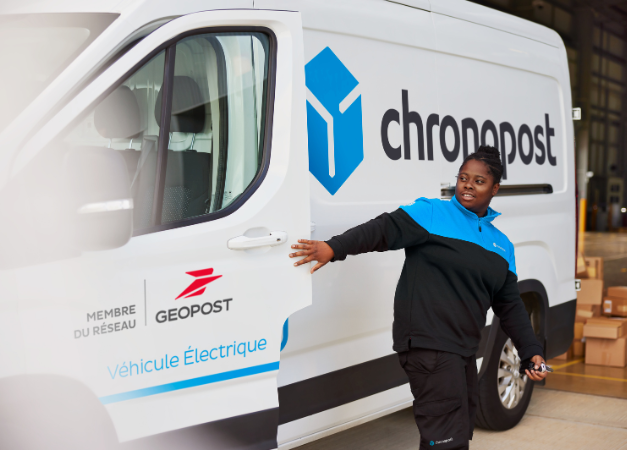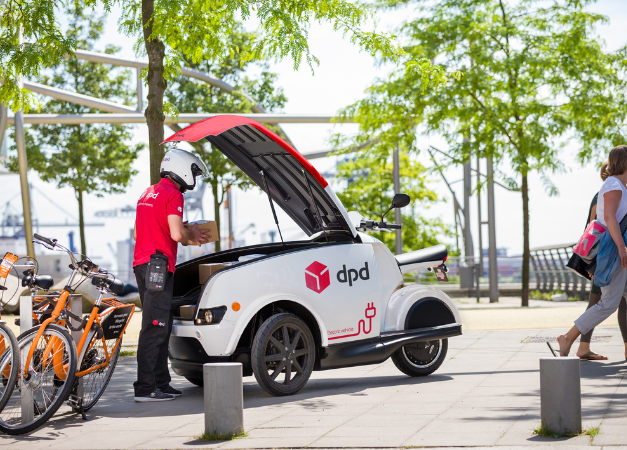- About us
- Expert Services
-
Back
Expert Services
See all - International Reach
- Delivery Solutions
- Specialised Delivery
- Commerce
-
- Geopost Live
-
Back
Geopost Live
See all - Press Releases
-
- Driving change
-
Back
Driving change
See all - Sustainability
- Innovation
- Market Insights
-
SUSTAINABILITY




PLANET
Wherever we live on the planet, ultimately, we all share the same address. We have bold ambitions to identify solutions that spark progress in our sector. That’s why we're the first global parcel delivery player committed to be net zero by 2040 – validated by the Science Based Targets initiative (SBTi). And that’s why sustainability at Geopost is at the heart of our thinking. It is at the core of everything we stand for. Fuelled by a belief that good business is good for business, we currently have more than 10,000 low-emission delivery vehicles in use with a decrease of 5.4% in absolute emissions between 2023 and 2024.


PEOPLE
We stand strong with all those seeking a fairer society, and now it’s time for business to be the change we want to see in the world. Sustainability is the biggest challenge of our age and can only be achieved through inspiration, dedication and diversity. For decades, Geopost has been home to a community of distinctive entrepreneurs across the world. Now we want to create a culture where all kinds of diverse and talented individuals can become the best versions of themselves. Where teams know they’re stronger because of – not despite – their differences. We’re opening our doors even wider, so that everyone feels they belong. In response to our Employee Engagement Barometer, 82% of those working at Geopost and its brands believe the diversity of employees is truly valued.


COMMUNITIES
It’s time to make more of a difference, to take action that creates a fairer and more sustainable world. With our people at hundreds of sites worldwide in direct contact with their communities, Geopost is striving to be a vibrant force for good in society. Because when commerce and community come together, everyone wins. Offering rewarding work, hearing the voices of local people, using resources wisely, valuing diversity… all of this and more is part of our sustainability thinking at Geopost. Together we are more, together we can spark progress.


It’s time to imagine a different future. One where social profit is as vital as financial profit, one where tomorrow is as important as today, one where business leaves a legacy for future generations. At Geopost we’re striving to be this catalyst of progress, driven by a core belief that good business is good for business. Driven also by innovation, by imagination and by transparency, we’re joining forces with all our stakeholders, seeking a different way for all of us to thrive together.
Home / Driving change / Sustainability



